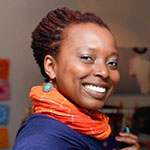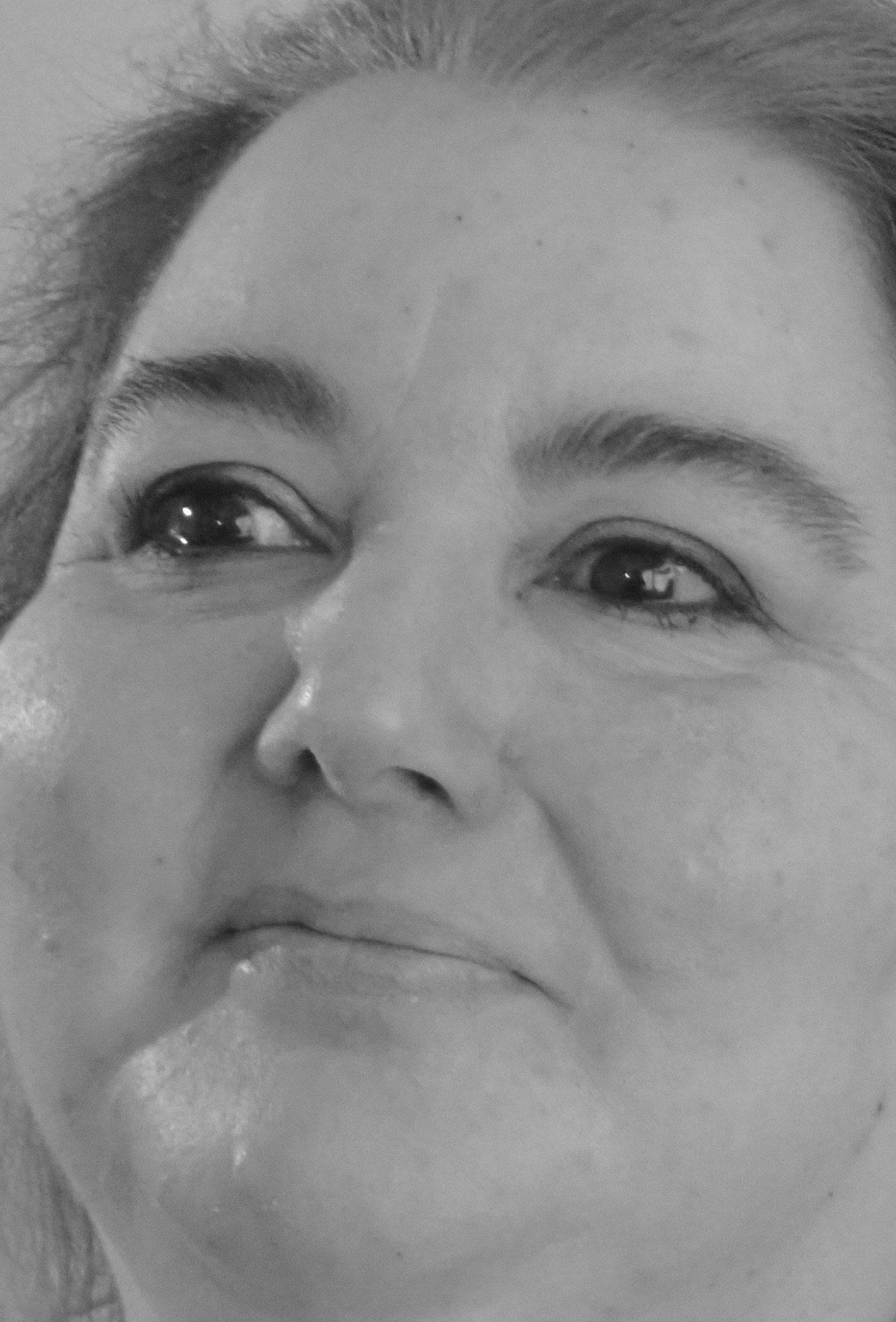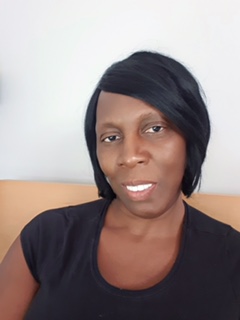
Part Three Speaker Interviews
Equality: Food, Water & Politics - these are individual issues but, at the same time, undeniably connected. The intersections of gender, race, climate, poverty and refugees with the politicisation of equal access to clean and safe water, sanitation and achieving food security are both local and global areas for concern in sustainability and climate action. With an increase in floods and droughts, the changing weather systems increase the threats to achieving a better and more sustainable future for all.
Policies and laws have the power to address the global challenges we currently face on equal access to food and water worldwide but true equality also requires a huge amount of work to deal with the humanitarian issues then facing the world, particularly in light of the Black Lives Matter movement and the refugee crisis. What creative solutions can drive fairer access to food and how can climate change and globalisation impact our psychological behaviour towards food, diets and our physical health? What more needs to be done to move towards a greener and fairer world for everyone?
In the lead-up to the event, we interviewed some of our key speakers asking them about their current role, what they are doing individually to tackle issues around sustainability and climate change and their thoughts on the future.
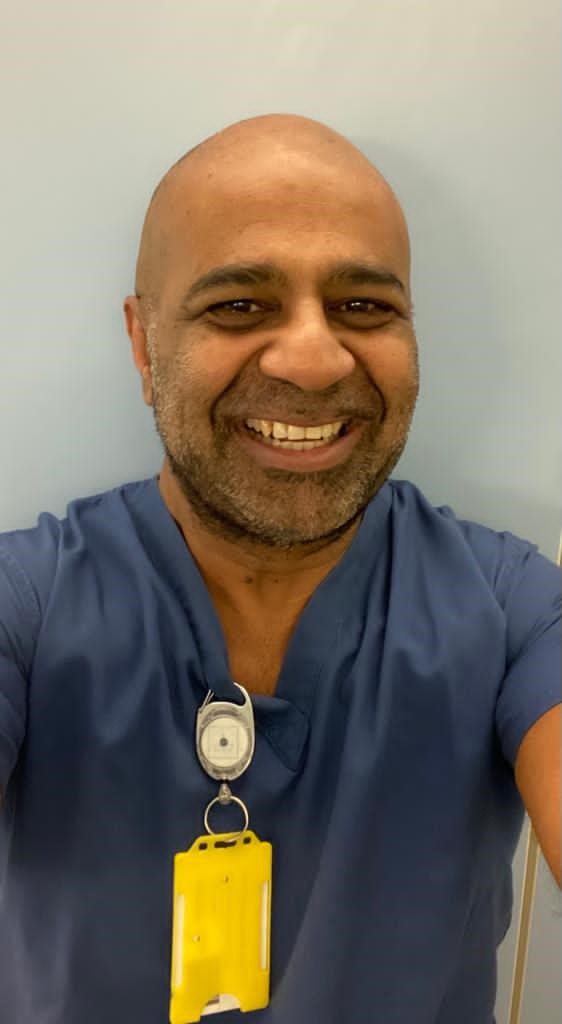 Interview with Calvin Moorley
Interview with Calvin Moorley
Dr Calvin Moorley is Professor for Nursing Research and Diversity in Care in LSBU’s School of Health and Social Care and is a registered nurse who practices intensive care therapy. He is also holder of the Mary Seacole Award for Leadership in Nursing. As well as teaching, Calvin does a great deal of research into a broad range of topics including intersectionality, gender, culture and ethnicity.
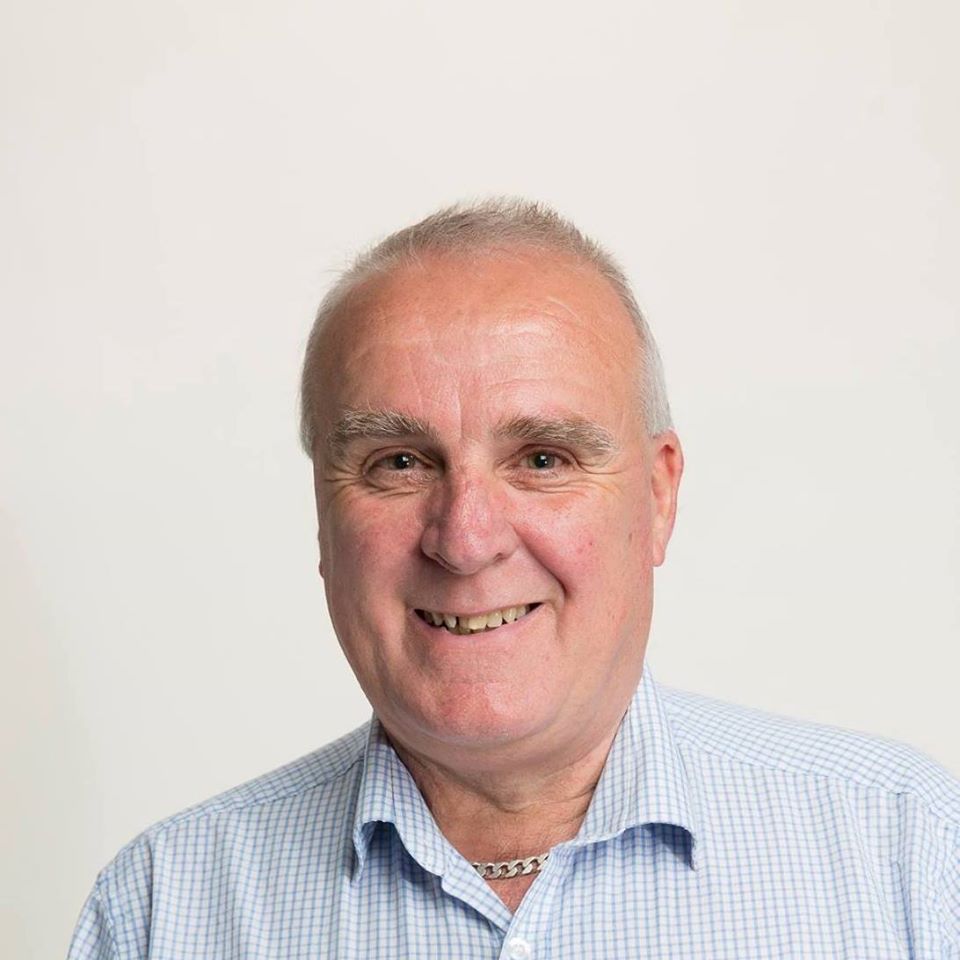 Interview with Chris Barnes
Interview with Chris Barnes
Chris Barnes was LSBU’s Estates and Energy Manager at the time of this event. During Part One of the event series in June, Chris spoke about how LSBU had massively reduced its carbon footprint as well as some of the challenges we face moving forward. We invited Chris back this time round to speak about how LSBU’s Estates and Academic Environment Department were working to reduce our water consumption.
Interview with Esmorie Miller
Dr. Esmorie Miller is a Lecturer of Criminology for LSBU’s School of Law and Social Sciences. Esmorie’s work focuses on racialised youth in the justice system and how criminal labelling undermines their access to normative opportunities.
Interview with Adri Bester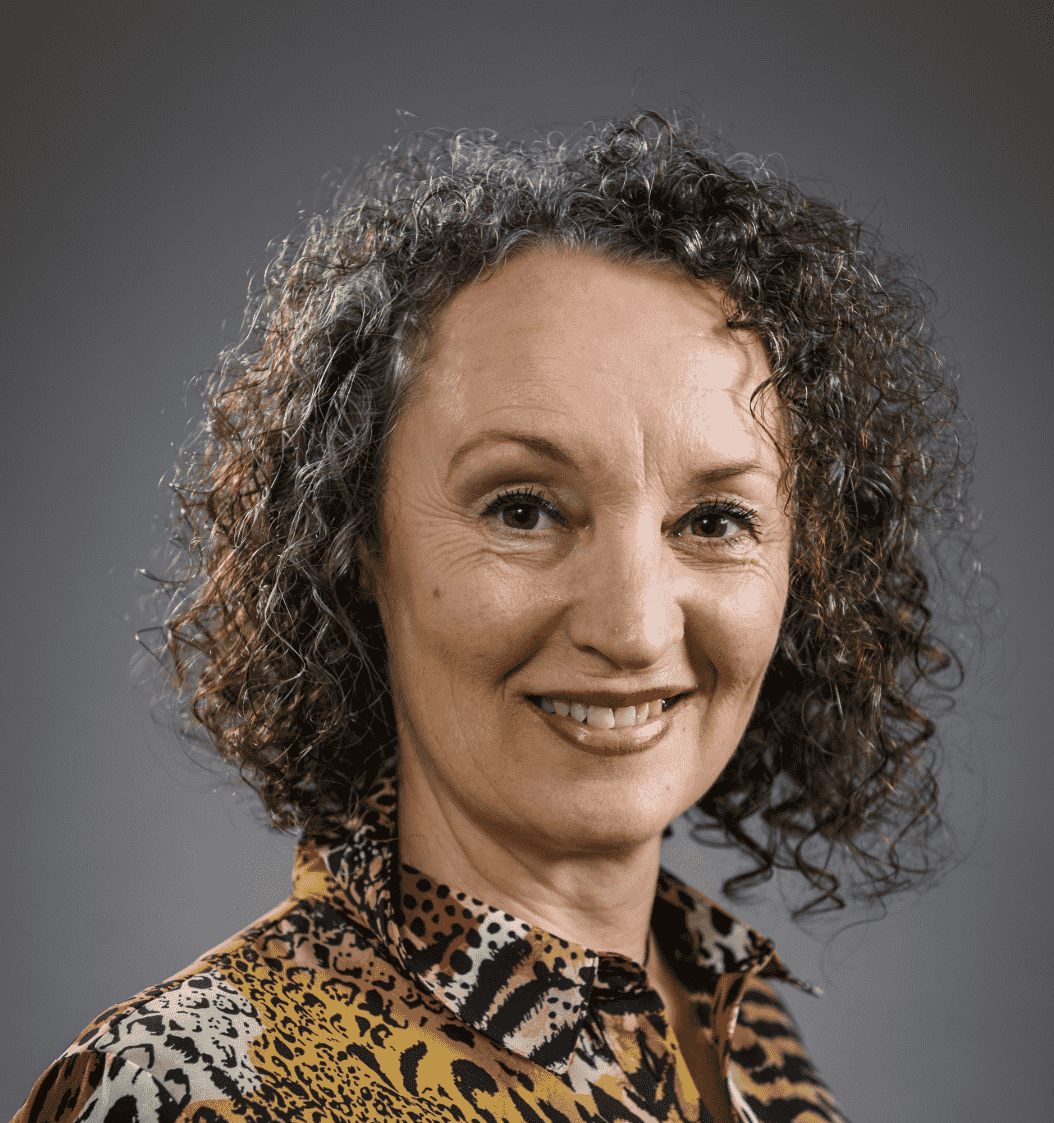
Adri Bester is a Senior Food Technologist for LSBU’s School of Applied Sciences and also the lead academic for the London Agri-Food Innovation Clinic (LAFIC) – a European Union funded research project based at LSBU. She specialises in food safety, food risk management, food microbiology and food product development and she was doing her doctoral research on fermented foods and gut-brain communication.
Interview with Anna Lyons and Sarah Esegbona-Adeigbe
Anna Lyons and Sarah Esegbona-Adeigbe are both Senior Lecturers in Midwifery within LSBU’s School of Health and Social Care. They focused on women and health inequalities in a session entitled ‘The truth about women’s healthcare, past imperfect.’
In this section
- Part Three Speaker Interviews
